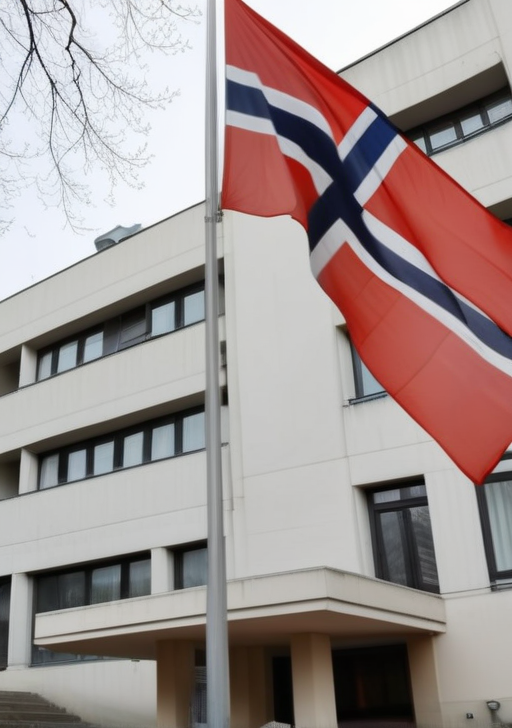
Norway embassy closure in South Sudan raises concerns over diplomacy and human rights
Introduction
In a dramatic turn of events, Norway has temporarily closed its embassy in South Sudan amid escalating threats to diplomatic security, leaving both Norwegian officials and local communities anxious about the shadow cast by instability. This swift decision affects not only the safety and operations of the embassy but also raises serious concerns for immigrants and human rights advocates in the region.
Key Takeaways
- Norway’s embassy closure in South Sudan highlights severe security risks and diplomatic challenges.
- The suspension of diplomatic services increases anxiety among local citizens and immigrants.
- The decision underscores deep-rooted instability and growing conflict in South Sudan.
- Foreign policy experts are reevaluating security protocols in volatile regions.
- Human rights organizations fear the move will hinder access to critical consular support.
- Future policy discussions will focus on balancing diplomacy and safety in conflict zones.
Main Body
The Core Issue
Norway’s temporary closure of its embassy in South Sudan comes amid a perilous security environment that has steadily worsened. The decision, prompted by the threats of violence and uncertainty, has created a ripple effect, affecting not only the operations of the embassy but also the consular services crucial for immigrants and those seeking asylum.
Context and Background
South Sudan, one of the world’s youngest nations, has long been marred by internal strife, political disputes, and ongoing conflict. Norway’s commitment to engaging with fragile states is being put to a harsh test as the nation navigates the tension between protecting its diplomatic staff and fulfilling its obligations abroad. Historical instability combined with current unrest has forced Norway into a corner, where safety must come before routine diplomatic functions.
Impacts and Consequences
The abrupt suspension of embassy operations has direct consequences for the local population and international migrants. Crucial consular services—ranging from visa processing to asylum claims—are now disrupted, exacerbating the vulnerability of individuals trapped in a land beset by conflict. This interruption not only dents Norway’s diplomatic influence but also jeopardizes the support system that many immigrants and local citizens rely on during times of crisis.
Reactions and Commentary
Government representatives in Norway have defended the decision as a necessary measure to safeguard personnel against emerging threats. Meanwhile, local officials and humanitarian agencies in South Sudan have expressed mixed sentiments—understanding the need for caution yet worried about the potential halt in vital consular services. Experts urge greater international cooperation to reestablish secure diplomatic channels, emphasizing that such closures inevitably spark political and humanitarian debates.
What Comes Next
Looking ahead, the diplomatic community faces the challenge of restoring secure and functional channels of communication in regions fraught with instability. Discussions are expected to center on developing robust security strategies that ensure both the protection of embassy staff and the continuity of essential services. Immigrants and local citizens should brace for a period of uncertainty, as new protocols and contingency plans take shape in the wake of this disruptive development.
Opinion
In my view, while Norway’s decision prioritizes immediate safety, it sends a troubling message about the vulnerabilities inherent in modern diplomacy. I must emphasize that such a drastic measure reflects a broader systemic challenge where the protection of human rights and essential services becomes secondary in times of crisis, leaving the most vulnerable in precarious positions.
Conclusion
The temporary closure of Norway’s embassy in South Sudan marks a critical juncture where diplomatic safety collides with the ideal of uninterrupted service. As the international community grapples with this unsettling development, it is imperative that future strategies not only prioritize security but also preserve the essential human rights and support structures that safeguards similarly vulnerable populations worldwide.
Hashtags
#Norway #SouthSudan #Diplomacy #HumanRights #ImmigrationPolicy #SecurityConcerns
